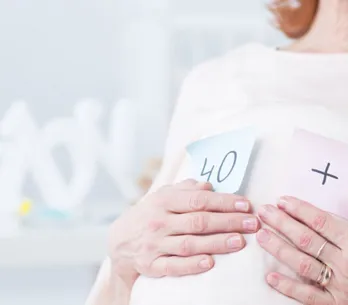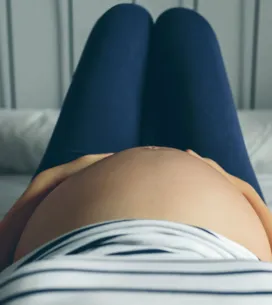What is diarrhoea?
Diarrhoea in babies is an acceleration of intestinal movement resulting in liquid stools three times a day or more. It could be a symptom of gastroenteritis, a food intolerance or allergy or immaturity of the child’s intestinal system. The main danger to baby is dehydration.
Measures to always take
Whatever the cause, be careful with hygiene and always wash your hands. Use soothing cream on your baby's bottom - it may get irritated.
Gastroenteritis
This is a highly contagious virus of the digestive system that produces liquid stools (usually greenish in colour, with a strong smell), often accompanied by vomiting.
What to do if your child has gastroenteritis
- If you’re breastfeeding, continue to do so and give baby an oral rehydration solution (available from chemists) without exceeding 200ml/kg/24h, maximum 2 litres.
- However if your baby is bottle fed then you need to stop giving the usual milk, vegetables and diary products and feed rehydration solution in little sips every 2 or 3 minutes to prevent vomiting. Ask for special diarrhoea milk at chemists that nourishes your child without causing further diarrhoea.
- If your child takes solid food, cut out milk, green vegetables and dairy products, and feed the child rehydration solution, rice, cooked carrots, pasta, flour and cooked fruits (bananas, pears etc.)
Food allergies and intolerance
If your baby is not putting on weight correctly and seems to be suffering from abdominal pains as well as liquid stools that smell very bad, it could be a food allergy. The most common allergies are to protein in cow’s milk and gluten. They can cause eczema and blood in the stools. These are resolved by cutting out milk, bread and cereals, and should improve at around 2 years of age. It’s useful to keep track of what baby eats to help the doctor diagnose what's wrong.
Immaturity of the intestinal system
If baby has soft and frequent stools but is otherwise fine and gains weight normally, then it’s possible that the diarrhoea is due to the immaturity of the intestinal system. If this is the case and your chid eats solid food, you may also see traces of food in stools. This usually improves with time.
When to see a doctor
Whatever the cause of diarrhoea, it’s important to seek medical advice if:
- Your baby has a fever
- Your baby is younger than 6 months old
- Your baby shows signs of dehydration (loss of appetite, weight, infrequent dark urination, dry mouth, thirsty, hollow eyes and crying without tears)
- Your baby vomits for more than 8 hours or with a lot of difficulty
- There is blood in baby's vomit or stools
- Your baby is bloated
- Your baby has no energy or is very sleepy
- Your baby has had abdominal pain for more than 2 hours
- Your baby has produced stools more than 8 times in 8 hours
Note
A baby who is breastfed has naturally liquid stools but these will be brownish in colour.













